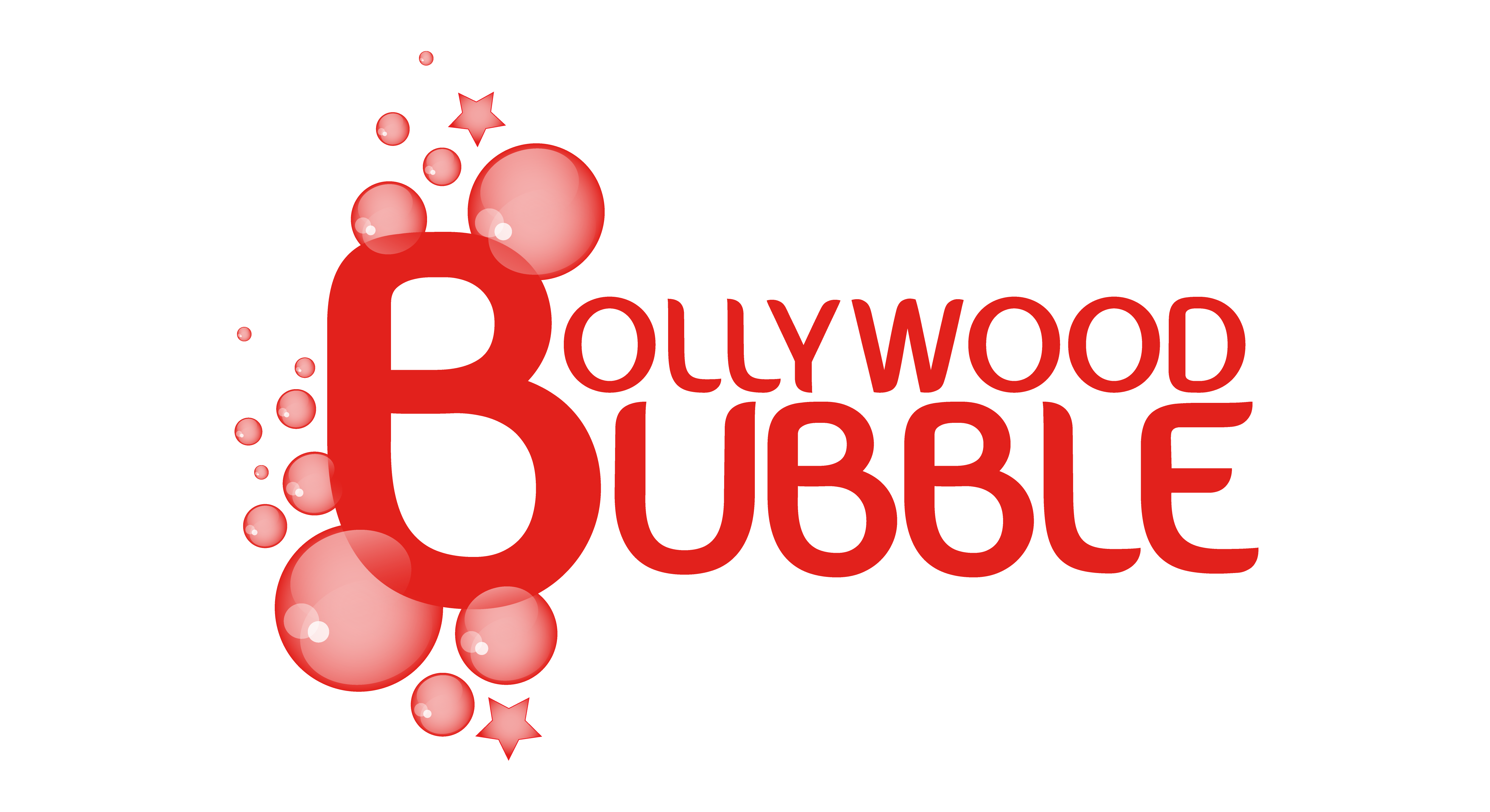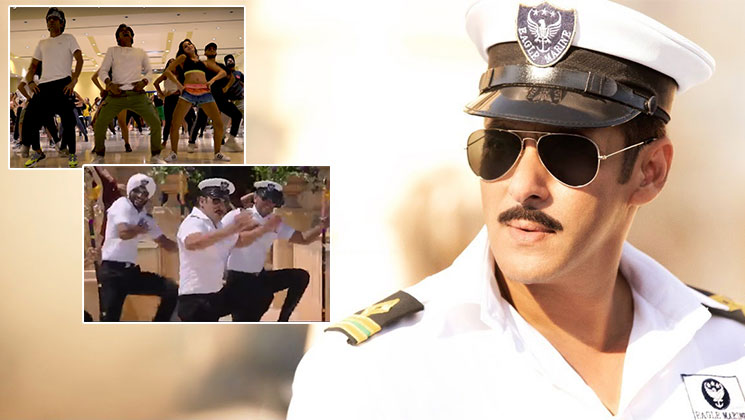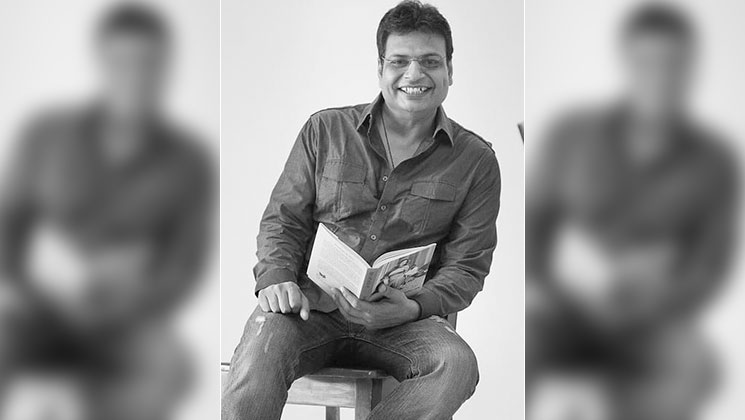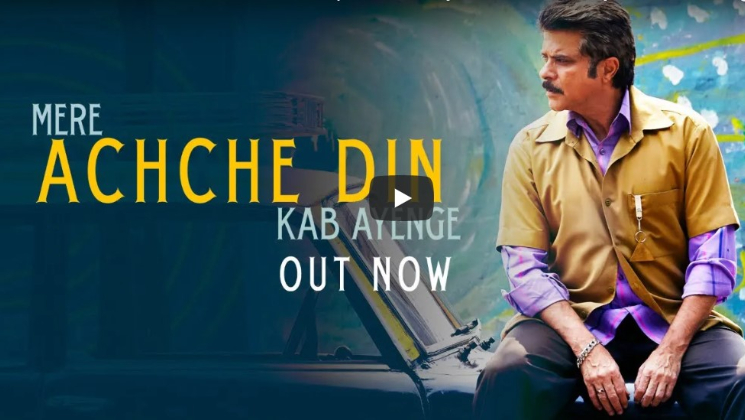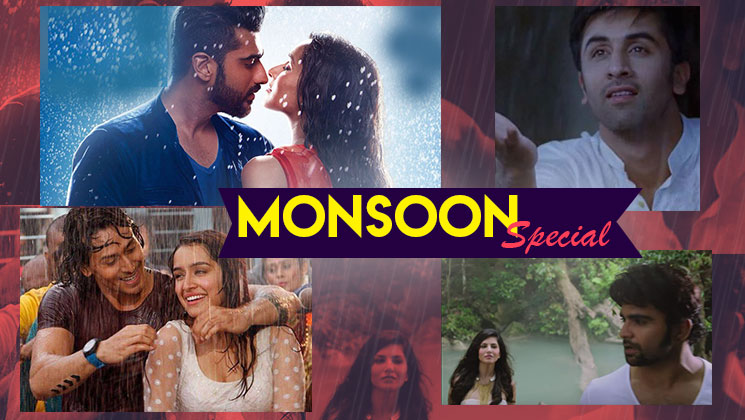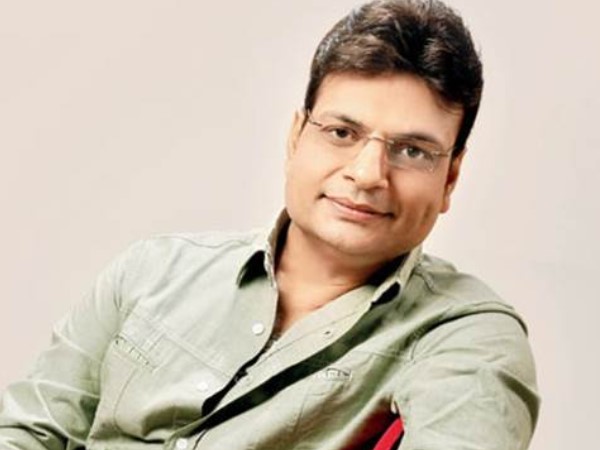
Innumerable emotions find home in his words. Irshad Kamil, one of the most prolific lyricists of our times, can be credited for bringing the country’s first poetry band ‘The INK’ into existence. He speaks up on the new venture, his equation with maestro Imtiaz Ali, and more…
What was your vision behind forming ‘The INK’?
When you listen to a song, you concentrate on the singer. On the composition. On the music arrangement. Then you focus on the lyrics. Through the poetry band, I want to bring 80% of your concentration onto words. There are so many forms of bands in India. But this is India’s first poetry band. We are connecting with the words.
We’re a collection of like-minded people who admire poetry and who are not impressed by glitters, but by content. The kind of poetry we practice is very connective. It will strike a chord in you.
We’ve kept our videos without too much extravaganza, they aren’t over-produced either. It’s like a group of people sitting and jamming together.
You call yourself a lyricist, a poet and a rebel too. Elaborate on being a rebel…
The hierarchy is opposite to what you said. I am a first a rebel, then a poet, then a lyricist. If you aren’t a rebellion, I feel you aren’t a writer.
Why are you writing something? Because you feel something is missing somewhere. When you write a love story, you feel a particular kind of love is missing and you’re narrating that. Or, there’s this particular thing missing in the society and you want to write it down.
If you feel somewhere, something is missing, you’re a rebel. You can say ‘whatever’ and suppress that feeling of missing. But some time or the other, you must take an action. For a writer, he takes actions when he writes.
If you aren’t a true rebel, you aren’t a true rebel.
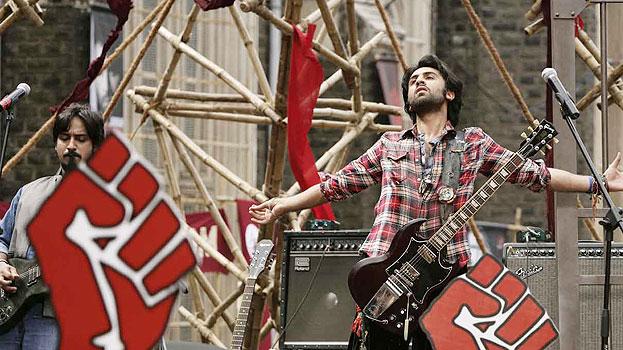
What’s there between you and Imtiaz Ali that just always clicks? Right from ‘Socha Na Tha’?
May be, we are the true critics of each other. That’s why we work better in each other’s company as well.
I associate with his films since the time they’re being conceptualized. We discuss a lot, and we criticize each other a lot. About everything, and especially about music. When two friends don’t fear hurting each other, when they’re not judgmental about each other, I think things better up. We both are working towards the same goal; to create something worthy. May be that’s what you call ‘clicking’.
Plenty of your lyrics have love in abundance. How exactly do you write love songs?
Frankly, I try to write honest songs. I think you like my feels more than my words.
For example, both ‘Agar Tum Saath Ho’ and ‘Tum Tak’ are love songs. But the first one is melancholic and the second one is very complete…
https://www.instagram.com/p/BgkabTSFvUU/?tagged=agartumsaathho
True, both are love songs but ground wise, both are very different. My intention towards a song is very real. It always is so. Like one ‘Sadda Haq’.
Which is definitely a rebellious song. But they come less in number from you..
I get less situations to write songs like these. But if you talk about rebellious songs or socially relevant songs, most of songs you’ll come across are mine. Even in ‘Tiger Zinda Hai’, ‘Tera Noor’ is an extremely rebelious, socially relevant song from a woman’s perspective. Or you may refer to ‘Chheen Ke Lenge Apna Haq‘ from ‘Chakravyuh’. In fact, ‘Maanga jo mera hai/ Jaata kya tera hai/ Maine kaun si tujhse jannat maang li’ too is sort of rebellious. You will spot the rebel everywhere.
Your favourite contemporary composers?
I like Vishal-Shekhar and Pritam a lot. I love A R Rahman’s work, he is from a different zone altogether. Even Amit Trivedi is doing great.
And on this note, the poet who never fails to mesmerise, signed off…
Journalist. Writer. Reader. Enthu cutlet. Mood-swing machine. Day dreamer. Sandwiched between ‘live life fully’ and ‘lose some weight’. Mantra of life: Love and love more.
